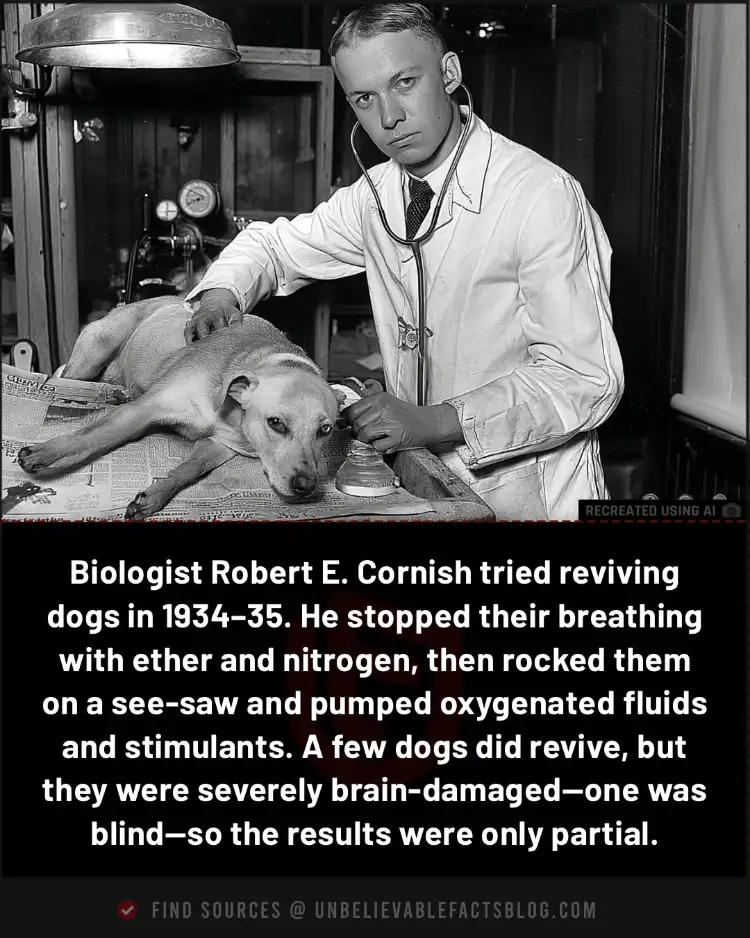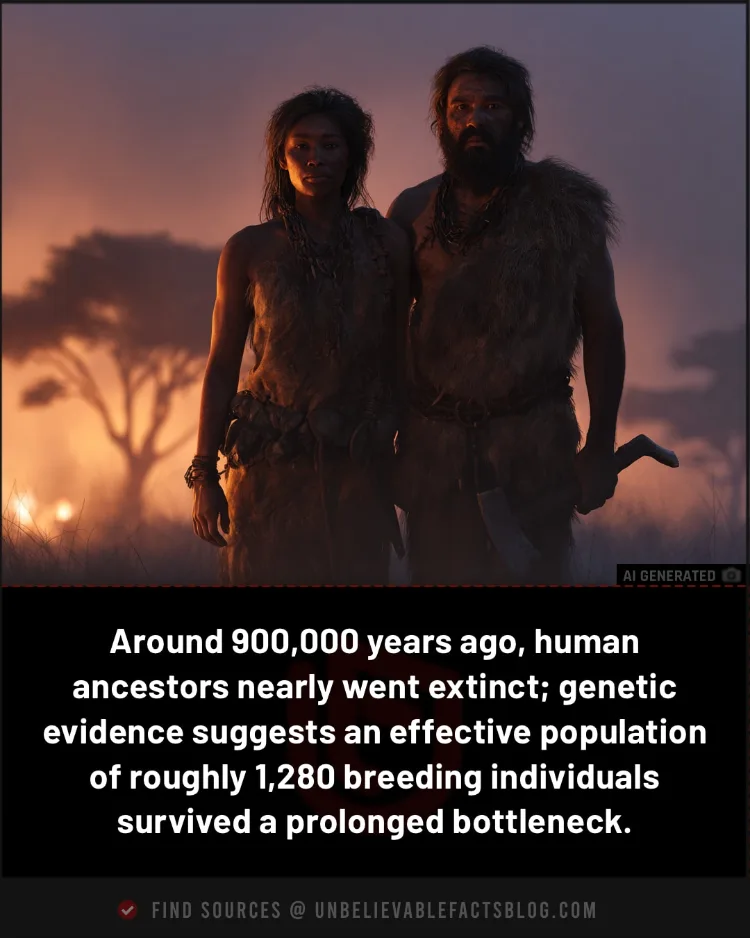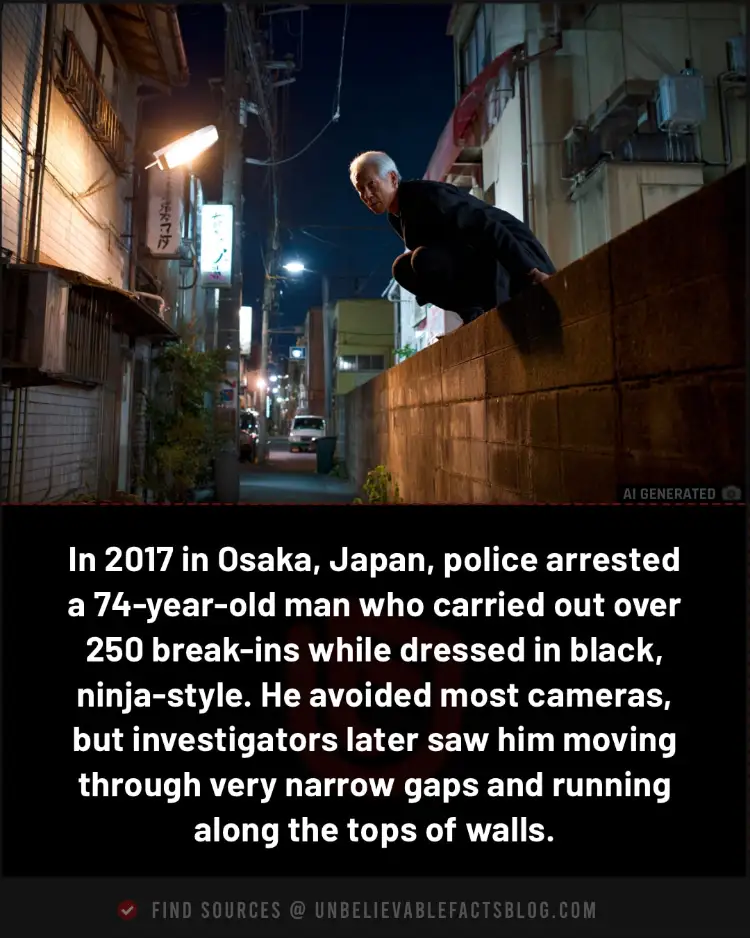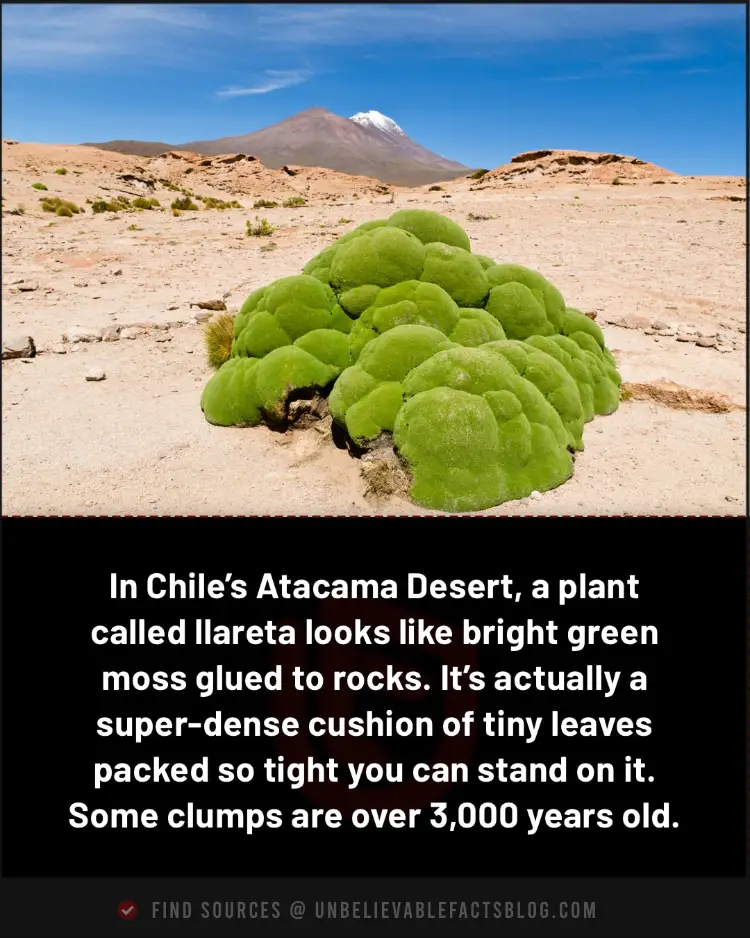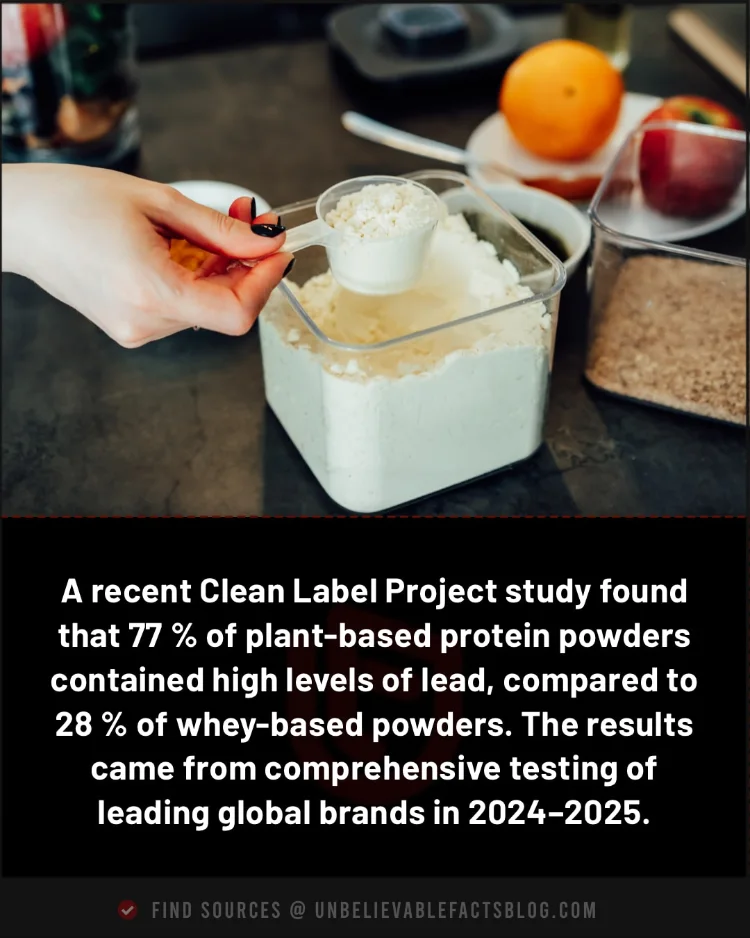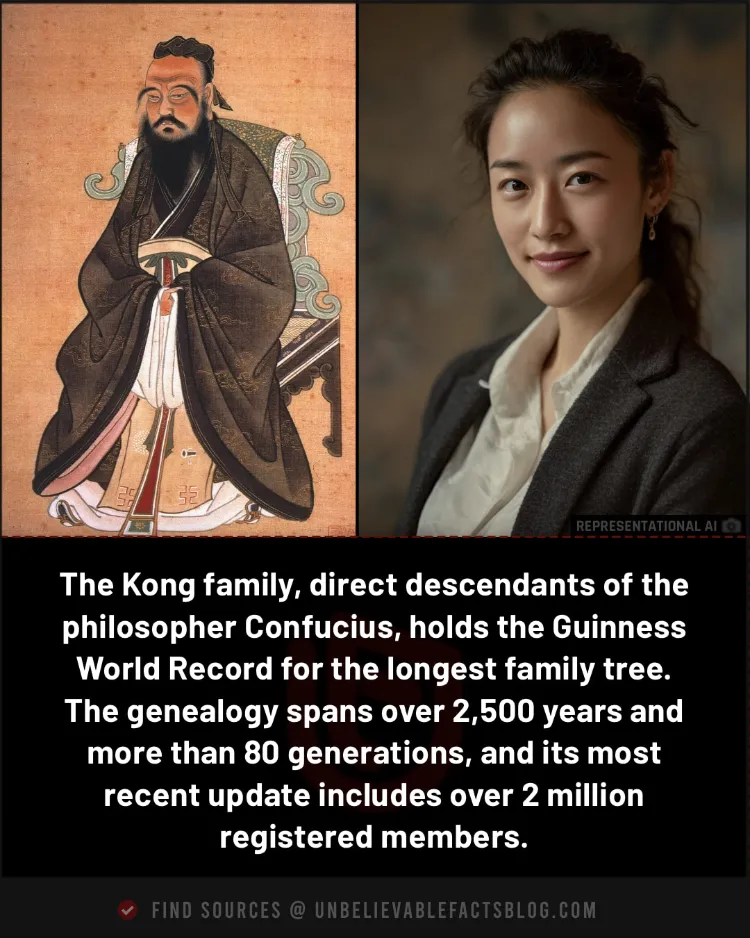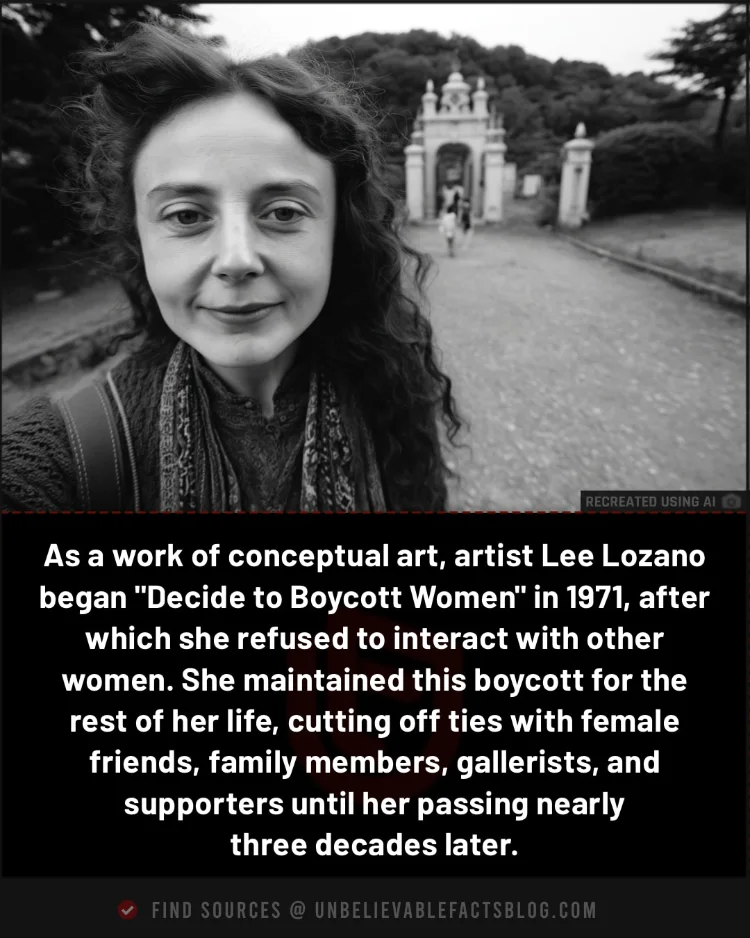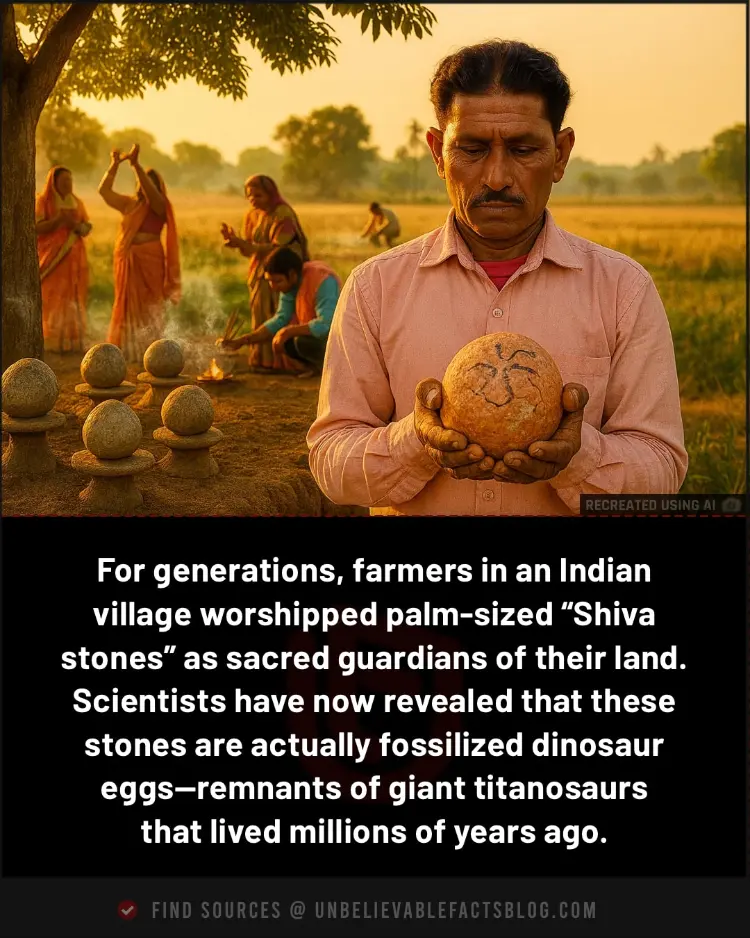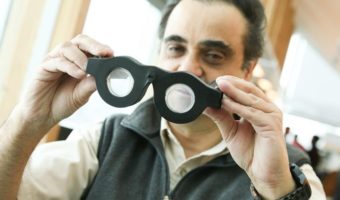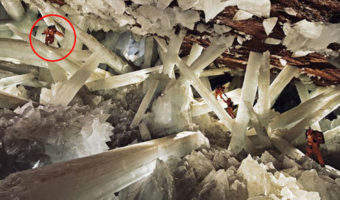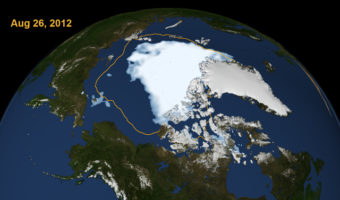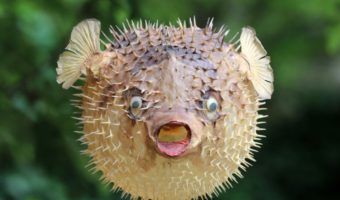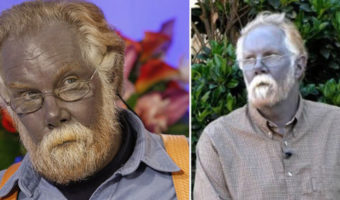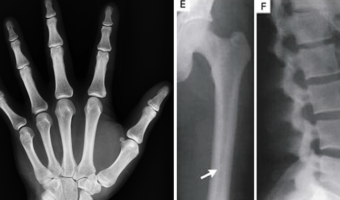200 Unbelievable Facts That Are Hard to Believe
Table of Contents
120/200
Cornish briefly revived dogs in 1934–35; survivors were brain-damaged.
Biologist Robert E. Cornish tried reviving dogs in 1934–35. He stopped their breathing with ether and nitrogen, then rocked them on a see-saw and pumped oxygenated fluids and stimulants. A few dogs did revive, but they were severely brain-damaged—one was blind—so the results were only partial.
119/200
Humans almost went extinct 900,000 years ago.
Around 900,000 years ago, human ancestors nearly went extinct; genomes suggest about 1,280 breeding individuals remained, enduring a prolonged bottleneck period.
118/200
A 74-year-old ninja burglar was caught in Japan.
In 2017 in Osaka, Japan, police arrested a 74-year-old man who carried out over 250 break-ins while dressed in black, ninja-style. He avoided most cameras, but investigators later saw him moving through very narrow gaps and running along the tops of walls.
117/200
Cloned working dogs succeed far more often than naturally bred counterparts.
On average, half of all service dogs fail their training; due to this, South Korea experimented with cloning trained dogs, and the resulting clones passed at rates significantly higher than average.
116/200
Llareta is a 3,000-year-old dense shrub in Chile’s desert, hard and moss-like, people can stand on it.
In Chile’s Atacama Desert, a plant called llareta looks like bright green moss glued to rocks. It’s actually a super-dense cushion of tiny leaves packed so tight you can stand on it. Some clumps are over 3,000 years old.
115/200
Concorde flew so fast westbound, passengers saw the sun “rise” after sunset, overtaking Earth’s rotation.
The Concorde flew so fast that on evening westbound flights from London or Paris to New York, passengers could see the sun appear to rise again after takeoff, because the jet was moving faster than Earth’s rotation at that latitude.
114/200
Plant-based protein powders often contain more lead than whey.
A recent Clean Label Project study found that 77 % of plant-based protein powders contained high levels of lead, compared to 28 % of whey-based powders. The results came from comprehensive testing of leading global brands in 2024–2025.
113/200
Confucius’s family tree is the longest in the world.
The Kong family, direct descendants of the philosopher Confucius, holds the Guinness World Record for the longest family tree. The genealogy spans over 2,500 years and more than 80 generations, and its most recent update includes over 2 million registered members.
112/200
For an art piece, Lee Lozano boycotted all women for life.
As a work of conceptual art, artist Lee Lozano began “Decide to Boycott Women” in 1971, after which she refused to interact with other women. She maintained this boycott for the rest of her life, cutting off ties with female friends, family members, gallerists, and supporters until her passing nearly three decades later.
111/200
Sacred “Shiva stones” in India revealed as dinosaur eggs.
For generations, farmers in Padlya village, Madhya Pradesh, worshipped palm‑sized round “Shiva stones” as sacred guardians of their land—only for scientists in 2023 to reveal these revered stones are actually fossilized dinosaur eggs.















